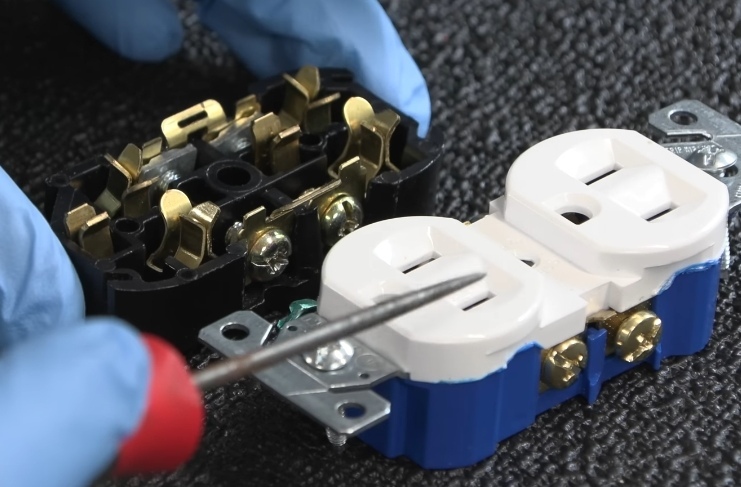


My name is Matt. I enjoy helping people with technology related issues. I also like adorable animals.
Je suis seul car il ne veut pas apprendre Excel
Et je meurs car il ne veut pas apprendre Excel
Comme les marins, qui fument des cigarettes sur le canal, ah.
Mais Excel ne sera pas appris aujourd






Strangely reminds me of high school…


I’m very glad I replaced my auto-open QR code app (At the recommendation of someone here) with one that shows you the preview link…



Wow, the best part being that the octopus “punched” opportunistic fish who don’t help in the hunt.
Spektr-R | Decommissioned, single array, 10 meter diameter
From your link: "The very high angular resolving power was achieved in conjunction with a ground-based system of radio-telescopes and interferometrical methods, "
HALCA | Decommissioned, single array, 8 meter diameter
From your link: This orbit allowed imaging of celestial radio sources by the satellite in conjunction with an array of ground-based radio telescopes" … “the project was eventually cancelled in 2011 due to increasing costs and the difficulties of achieving its science goals”
Orion | “It is believed that this refers to the diameter of the main antenna, which might be well in excess of 100 m”, potentially you’re correct! Oh. These are ground facing dishes that aren’t use for scientific purposes and are highly classified.
The same is done in space, you realize that…
No, it isn’t. The radio astronomy done in space is for Gamma rays, x-rays, UV and IR. Things the atmosphere blocks.
What’s done on the ground is for much larger wavelengths (+1m) which, again, requires massive equipment that is currently is not feasible to send up.
The fix isn’t to eliminate StarLink, I agree. The fix in my opinion is to have stricter controls from the ITU about how much interference a device can produce.
Put that shit in space like they always should have
So which is it? It’s already done in space, or that’s the direction we should go?
Even your explanation about your original comment being “extremely easy to comprehend” has two opposing statements.
We don’t do a majority in space because of the absolutely massive size of the equipment needed… The VLA, for example, is 28 different dishes/antennas that are over 200 tons of metal a piece.
The signals that are being measured are absolutely tiny, so much so (and to your point about interference in the ground), that A microwave can cause issues.
The issue with the StarLink v2 is that; they are in LEO (Low Earth Orbit), they emit a lot more than other satellites, and there are a shit-ton of them - which means it’s harder to schedule equipment time around the interference theyre causing. And the problem is only getting worse.
Your comment is very disjointed though, so I’m not entirely sure what your point is.


TLDW: Nothing happens (US Plug, 120V circuit, with a “standard” 2 prong outlet)
This is because the dual plug outlet already has connected/Shared Neutrals and connected/shared Hot, powered by the same source.

Don’t do this
Ah, yeah - someday I’ll make it scale better
What benefit does SSL/HTTPS provide if the data going back and forth is just HTML? (No user names / passwords / etc.?)
I have it set up for my jellyfin server since there is login data.
Not that I won’t add it, just didn’t know there was a need
You can pry cuteredpanda.com from my cold dead hands.


Steve Mould 💚
Really cool water bottle, but couldn’t bring myself to spend $60+
Vertical stand in the thumbnail costs extra too.


Love this channel


Good post - needed it about a week ago 😂
Moved into a new place with high efficiency toilets and only had our old plunger. Spent multiple hours trying to clear it. I had no idea that these HE toilets are:
1.) More prone to clogs, need pipe maintenance
2.) Elongated and don’t work well with a normal plunger
Nearly called a plumber but on a final try picked up a BeeHive plunger at the hardware store.
Took a few attempts, but got it situated correctly and fixed the clog.


(USA) - I had the same issue as the user above - due to high edficiency toilet. The opening is more rectangular/ elongated than a normal toilet’s circular opening.